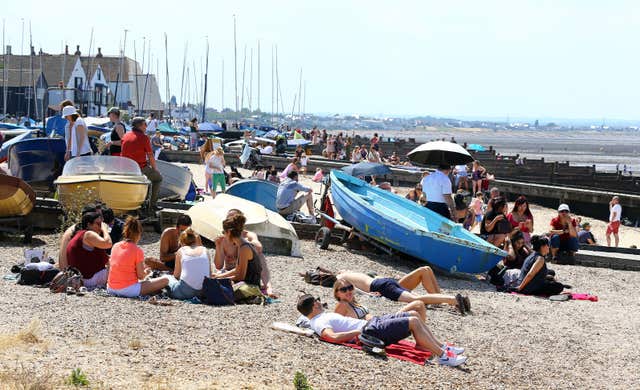
Nine in 10 Facebook users admit they feel low when they see their friends’ posts about travel, new research has found.
The study of more than 800 Facebook users found women were more likely to feel down because posts made them envious of friends spending time with partners or families.
Male users were more likely to report feeling sad because they are missing out on adventure and exploration.
Researchers from the Universities of Edinburgh, Exeter and Falmouth, and Stockholm School of Economics analysed data from people aged between 18 and 70 years old.
They found negative emotions prompt differing reactions among photo browsers according to their age.

Older users – those born before 1980 – said travel envy motivates them to book a holiday.
Those born after 1980 said they were more likely to go on a digital detox and cut down on their Facebook use.
The younger users also report feeling motivated to do other things to make them happy, such as shopping online or revisiting their own snaps from previous holidays.
Lead Researcher Dr Ben Marder, at the University of Edinburgh Business School, said: “These findings help us understand the emotional and behavioural outcomes of viewing travel posts.
“They show how those somewhat idyllic posts by friends on social media are likely to make us feel sad in our own lives and take measures to make us feel happier.”
The study is published in the Journal of Travel Research.

Enjoy the convenience of having The Sunday Post delivered as a digital ePaper straight to your smartphone, tablet or computer.
Subscribe for only £5.49 a month and enjoy all the benefits of the printed paper as a digital replica.
Subscribe